Where are the bees and grubs?
ego45
16 years ago
Related Stories
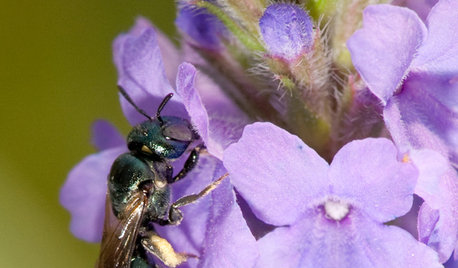
GARDENING GUIDESSmall Carpenter Bees Are Looking for a Home in Your Plant Stems
Provide flowers and nesting sites in your garden for this beautiful, tiny, metallic blue wild bee — your plants will thank you
Full Story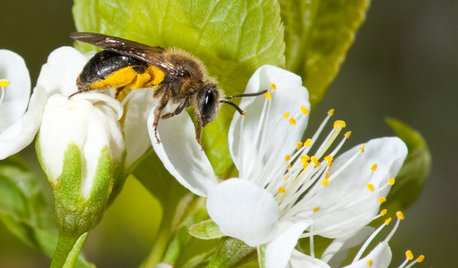
GARDENING GUIDESInvite Mining Bees to Your Garden by Planting Their Favorite Plants
Look for mining bees (Andrena) pollinating woodland wildflowers in U.S. gardens this spring
Full Story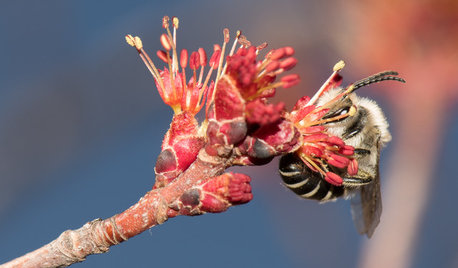
GARDENING GUIDESInvite Cellophane Bees to Your Garden by Providing Patches of Bare Soil
Look for cellophane bees (Colletes) pollinating flowering trees and shrubs in U.S. gardens this spring
Full Story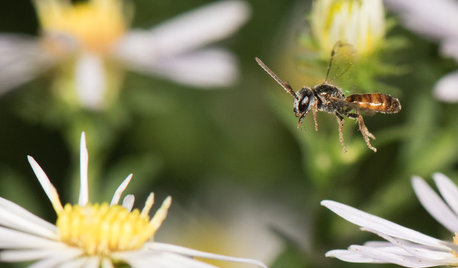
GARDENING GUIDESThis Tiny, Gentle Bee Keeps Busy
Look closely for small sweat bees visiting your flowers throughout the growing season
Full Story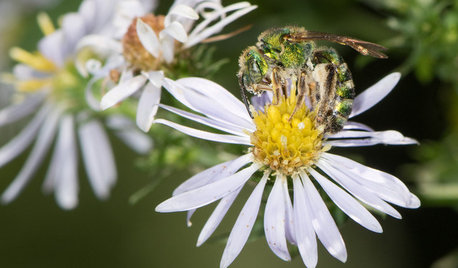
GARDENING GUIDESLook for Metallic Green Sweat Bees Visiting Your Garden This Fall
These beautiful sweat bees will dazzle and delight you with their bright emerald green color and midsummer and fall flower visiting
Full Story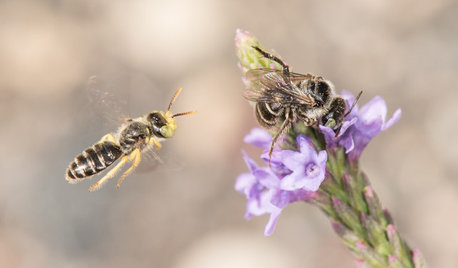
GARDENING GUIDESKeep an Eye Out for Fast-Moving Calliopsis Bees
These small native bees can often be seen foraging on vervain in the summer
Full Story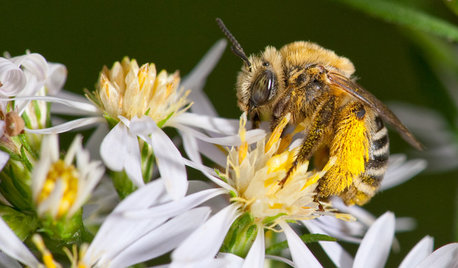
GARDENING GUIDESLook for Long-Horned Bees on Summer's Flowers
These insects are busy in the garden come summer and fall, pollinating sunflowers, coneflowers, asters and more
Full Story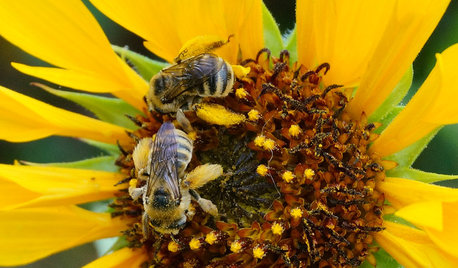
EARTH DAY12 Entertaining ‘Bee-haviors’ of Native Bees
The parade of pollinator antics is another reason to create a garden that nurtures native bees
Full Story
DECORATING GUIDESHoneycomb Shapes Are the Bee’s Knees
The hexagon is everywhere in nature — in honeycombs, tortoiseshells, snowflakes. Why not replicate it in home design?
Full Story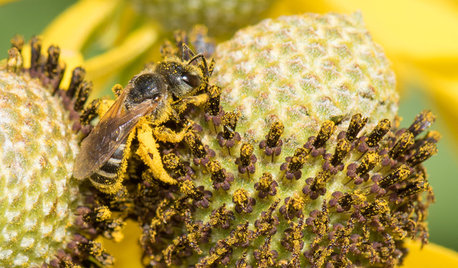
GARDENING GUIDESWelcome Sweat Bees to Your Garden Throughout the Growing Season
Look before you swat! These friendly sweat bees will feed on your sweat on a hot summer day, but their main buffet is flowers
Full Story


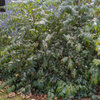
ego45Original Author
Marie Tulin
Related Discussions
bee bee tree
Q
info on bee bee trees
Q
Create flower beds where grubs destroyed the grass?
Q
Help! Grub worms eating vegetable plants.
Q
mayalena
prairiemoon2 z6b MA
runktrun
triciae
ctlady_gw
claireplymouth z6b coastal MA
chazparas
ctlady_gw
flwrs4ever
jant
jant
autoemesiss
fbot
diggingthedirt
ego45Original Author
diggingthedirt
weedsmakemecrazy